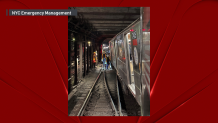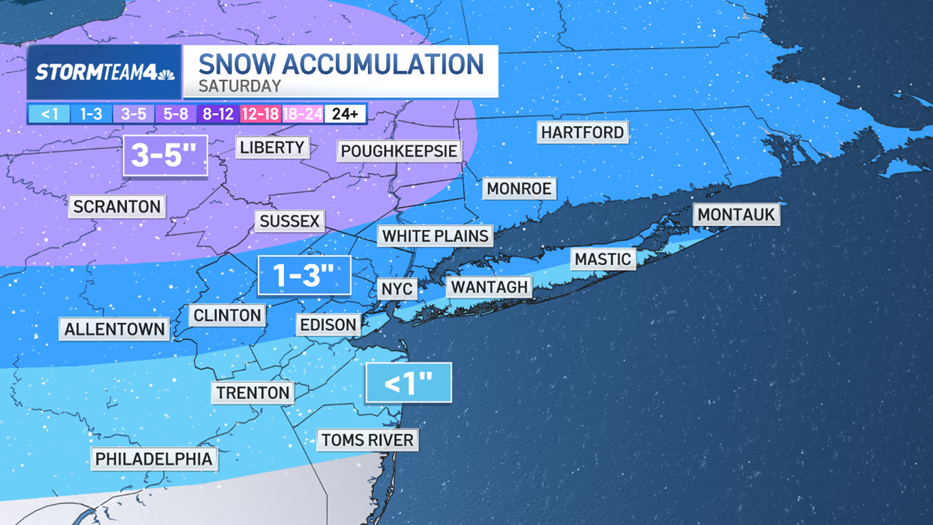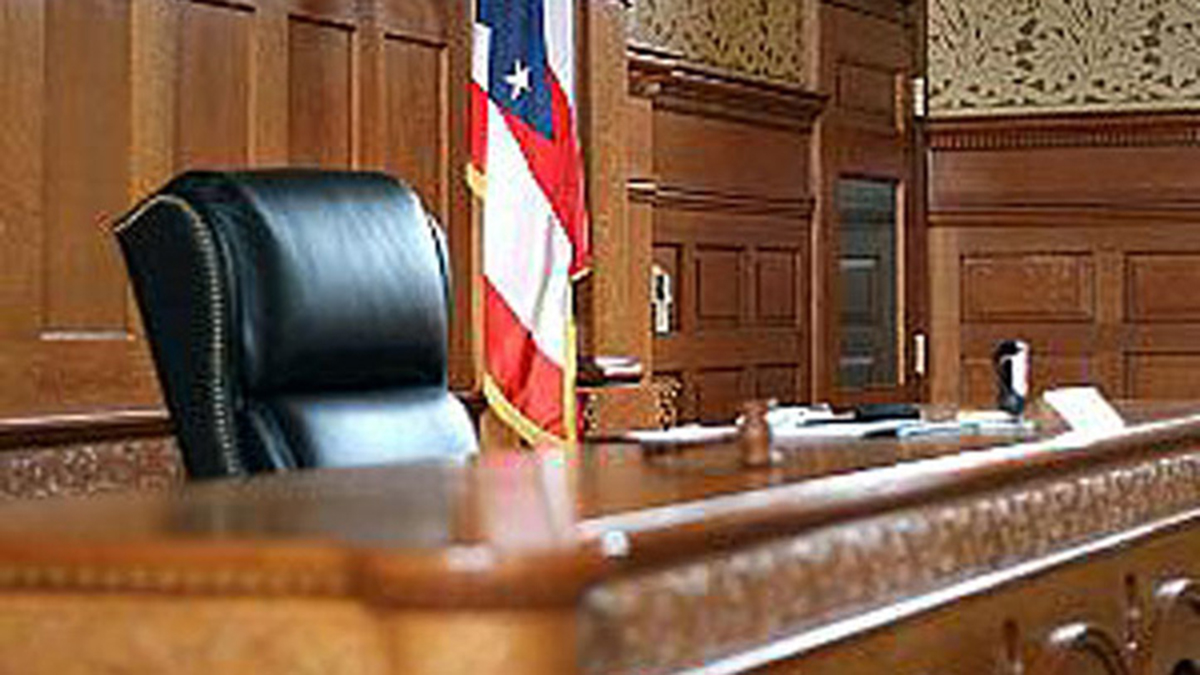When exactly will service be restored? MTA officials are hoping for normal operations by late Friday. News 4’s Romney Smith reports.
What to Know
- An investigation is underway after a northbound commuter 1 train collided with an out-of-service train leading to a minor derailment just north of the 96th Street station on the Upper West Side
- At least 26 people suffered minor injuries, according to the FDNY. 300 people had to be taken off the train that derailed and another 300-400 had to be taken off a train behind the ones that collided
- 1/2/3 subway lines were seeing some signs of progress by Friday evening, with the 1 and 3 lines getting limited service back with the help of buses
The federal National Transportation Safety Board (NTSB) arrived in New York City Friday morning to investigate Thursday's subway derailment in Manhattan, while local transit disruptions through the West Side continued with the weekend fast approaching.
The NTSB's arrival comes after a low-speed collision between an in-service No. 1 train and a disabled train led to a minor derailment, injuring more than two dozen people and wreaking transit havoc.
Watch NBC 4 free wherever you are
As of Friday evening, the MTA said limited service was being restored on the 1 and 3 lines. No. 2 trains were being rerouted over the No. 5 line between 149 St-Grand Concourse and Nevins St. The current service changes will continue until tracks can be cleared, officials said.
Getting the last of the train's 10 cars onto the rails is a complicated operation because of the subway tunnel’s low ceiling, said NYC Transit President Richard Davey.
Get Tri-state area news delivered to your inbox with NBC New York's News Headlines newsletter.
Transit workers are “literally lifting it a few inches, shimmying it over, lifting it a few, shimmying it over,” Davey said. “So that process takes a while.”
According to investigators, a northbound commuter 1 train collided with an out-of-service train, causing the minor Upper West Side derailment. The out-of-service 1 train had earlier been vandalized and had four workers on it, according to the MTA. That train was evacuated, as was the passenger train, which had about 300 people aboard.
Local
At least 26 people were taken to area hospitals with what were believed to be minor injuries, according to the FDNY.

The investigation is in its preliminary stages. Davey said the out-of-service 1 train was vandalized earlier Thursday by having its emergency cords pulled as a possible prank. Transit sources tell NBC New York, the cords were pulled at the 79th St. station and the train then proceeded to an area on a local track near the 96th St. station where crews could try to restore it for service.
Davey said at the time of the derailment, all the cords, except one, had been reset. While the workers were resetting that train's cords, a transit official tells NBC New York "it came back to life" and started moving despite a red stop signal, leading to the collision with the passing in-service passenger train.
"Obviously two trains should not be bumping into one another. We are going to get to the bottom of that," Davey said.
A passenger train behind the one that derailed also needed to have its 300 to 400 passengers evacuated, officials said.

What subways are affected for the commute?
Transit was heavily affected in the area. The MTA said limited 1/2/3 service has been restored in Manhattan. Transit officials did not give a sense of when full restoration of service might be possible. See the latest MTA status here.

The MTA said it had around 100 crew members working to clear the tunnel.
Derailments and crashes in the 119-year-old New York City subway system are rare. The worst crash in city subway history happened on Nov. 1, 1918, when a speeding train derailed in a sharply curved tunnel in Brooklyn, killing at least 93 people.
More recently, five people died on Aug. 28, 1991, when a 4 train derailed at Manhattan ‘s 14th Street Union Square station. That train’s motorman was found at fault for alcohol intoxication and served 10 years in prison for manslaughter.



